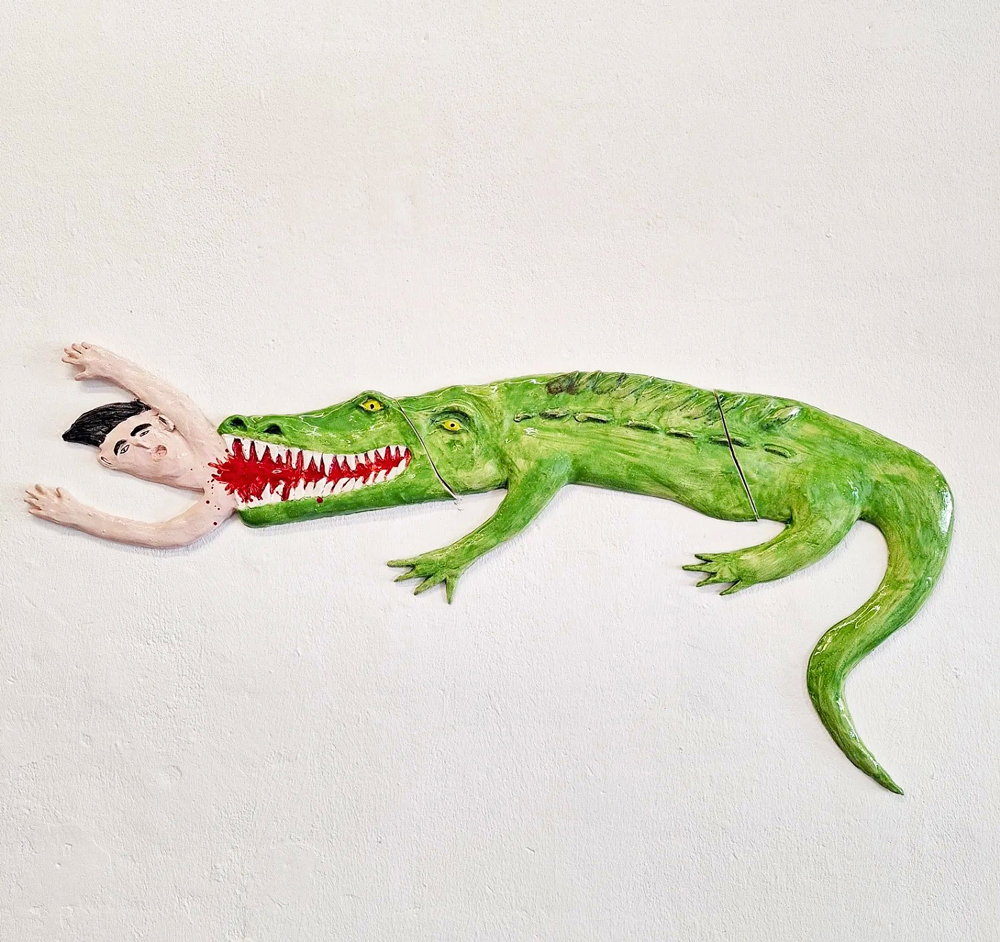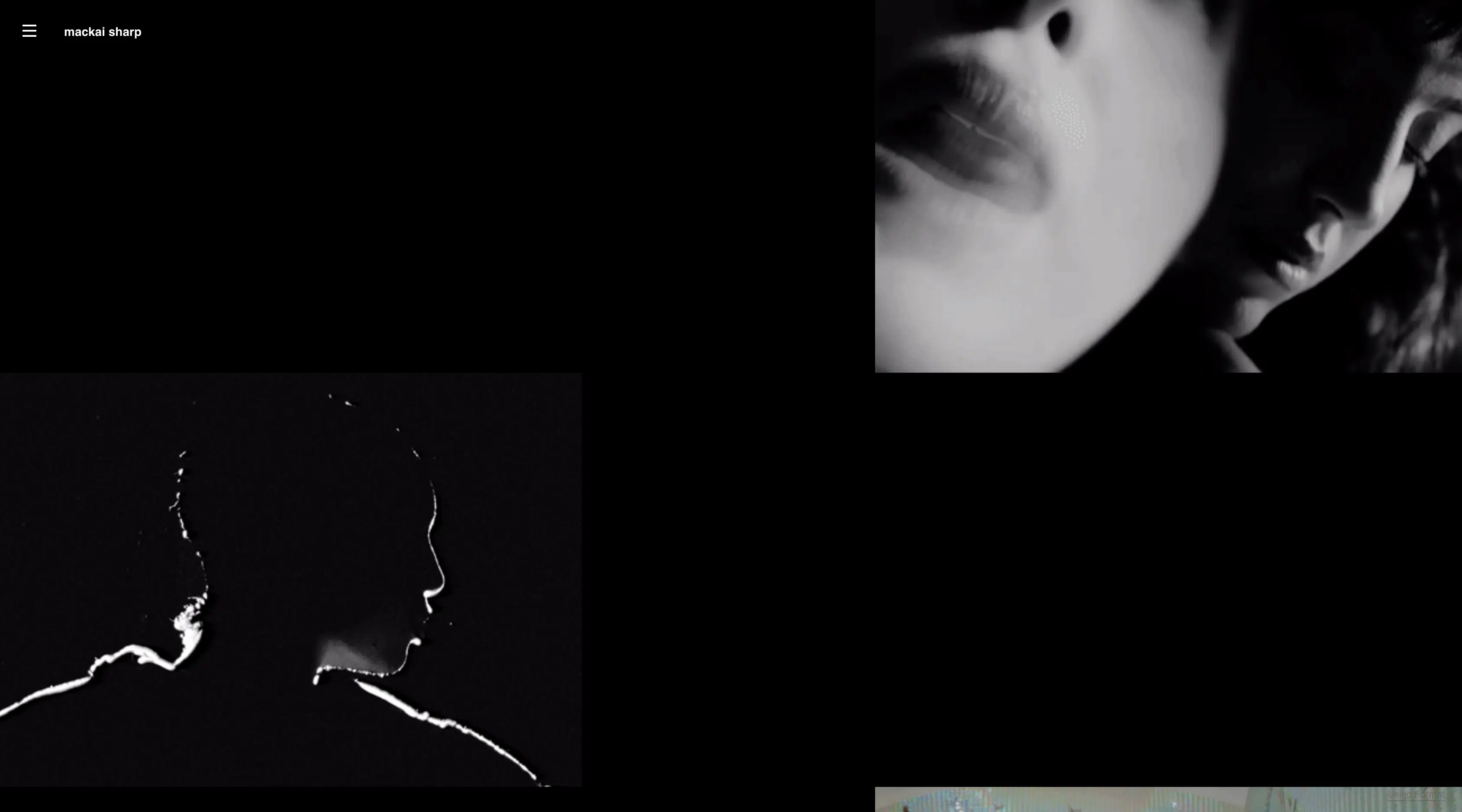So, you want to learn how to make a YouTube channel. Whether you’re a wedding photographer looking to share your best tips of the trade or a designer who wants to interview cool makers in your community, there’s no better time than now for starting a YouTube channel and sharing your video content with the world.
YouTube boasts just under two billion users. That’s a huge potential market for your products and services—and one that, surprisingly, often goes untapped. (Sigh.) Producing video content on YouTube can help build your brand identity, video portfolio, act as an awesome promotional tool, add spice to your social media posts and, if you’re successful at it, even offer ad revenue.
Best of all, starting a YouTube channel is easier than you think. Let’s get started!
Get Your Brand Sorted Out First
There’s something you need to do before you even create a YouTube account: make sure you have your brand identity sorted out. That way, all your video content will always be on brand.
Drill down to the very core of your product or service, and your purpose and positioning in the marketplace. What is your product? What is your service? All the content you create should always lead back to building your brand, and, ideally, convert viewers into paying clients.
Four key principles for how to be a YouTuber:
Know yourself. In other words, being a jack of all trades is not a marketable look. You want to specialize in your field, hone your talent, and appeal to your particular market. Rather than billing yourself as a photographer specializing in portrait, wildlife, events, and weddings, focus on your passion for events. Spreading yourself thin across multiple fields or genres will make it seem like you’re not an expert, well, anywhere. You’re a pro and you want your audience to know it.
Know your audience. What are your potential clients looking for? What does your audience like and what will keep them coming back for more? Always read your comments (even the trolls!). Mine them for details on what makes your viewers happy—and what makes them unhappy. Monitor your likes and dislikes to stay ahead of the game. If your viewers love tutorials but hate product reviews, then you know which one to cut.
Stay on top of trends. The market ebbs and flows; what people are interested in today might not be what they’re interested in tomorrow. There’s a silver lining to this, however: at any given moment, there are tons of trends out there that can inspire fresh new content for your channel and keep your audience watching. If everyone is into dress-wrecking shoots, think of a cool new way to destroy the gown, then watch the wedding clients flock in. Similarly, if you get savvy enough at following trends, you may even notice trend patterns and successfully start a new trend, which could be incredibly lucrative for you in the long run.
Keep the business lingo to a minimum. When you’re starting a YouTube channel, keep in mind that no one likes a used car salesman vibe. Using overt sales language on your audience can repel them. If your audience feels like they are being roped into giving their money to you, then you will lose your viewers. You want them to root for you and your growing business. If they love you and love what you do, then they will want to support you, whether it’s through continued viewership, sharing your video content or even becoming a new client.
Know what your strengths are. If you’re naturally witty and funny, or have great improv skills, just making your audience laugh could be enough to get them remember you and keep them returning to your page. Great at research? Specialize in explainer videos that teach folks complex topics. Whatever your best attributes are, let them shine—and the audience will come.
A great video to check out is by YouTube expert Derral Eves. According to Eves, the key to how to make a successful YouTube channel is not views or subscribers—it’s the power of your brand. Make this your YouTube mantra: when your brand is strong, you can’t go wrong! If you can name five super popular Instagram or YouTube pages right now that means that those are five successful brands that worked on you.
Create Your Account
Now that your branding is nailed down, you’re ready to create a YouTube channel for your business. Don’t worry—even if you’re not the most tech-savvy person, you can create a new YouTube channel in no time at all. First step: sign up for a YouTube account.
- You’ll need a Google account to be a YouTuber, so grab one of those if you don’t have one already. Click on the “Sign In” button in the top right corner of the YouTube webpage, then “Create Account,” then follow all the prompts.
- Once you’ve made a Google account, head to YouTube and sign into your Google account. Thankfully, your Google login and password will always be the same as your YouTube login and password.
- Click on your YouTube account icon in the top right corner, then on the little gear button, which contains the YouTube settings.
- Now, select “Create A New Channel”
- Select the business option (in blue).
- Name and categorize the channel you wish to make. You’ll most likely wish to select “Product or Brand” if you’re an artist who wishes to eventually profit off the material you upload.
Design Some Channel Art
There’s nothing worse than clicking on someone’s YouTube channel and finding a slapdash array of shoddy channel art. Once you’ve got your account activated, you need to add some new YouTube channel art pronto, because the default greys that greet you when you first start your account simply will not do. Turn to your existing branding—your website, your social media—for a refresher on your color palette, typography, and image style and pull those elements throughout your YouTube page.
When starting a YouTube channel, you’ll be required to upload an image to the banner and icon. First, do a little homework. Go to any of your favorite YouTube channels and check out their chosen images; see how they draw your attention, how they represent their brand.
Now, back to your account. Both your banner and icon should be reflective of you, your brand, and your product. Your small icon is the most recurring image, and is the one most frequently resized on the website. So, typically, small images like faces or logos are chosen as the icon image, but you can use your discretion. 800 x 800 pixels is the recommended size for this image, so as long as your icon looks clear when small or resized, then you should be okay.
The ideal dimensions for your banner are 2560 x 1440 pixels, but there is a little leeway. If you want to know how to make a YouTube channel homepage that really pops, use these tips to upload your images correctly, and find out which dimensions are best for you, so you don’t end up with a distorted mess.
YouTube also has a dimensional reference tool to help you gauge how your channel art will appear on different platforms. Use this tool to see how your images will appear on other devices. Make sure to size your images out for all the different possible devices, and that nothing important is cut off.
Create That Video Content
Now that you’ve festooned your channel with appealing, brand-appropriate images, it’s time to start adding your content. The videos are the meat and potatoes of your YouTube channel, obviously, so once you commit to uploading video content, you want to make sure that you’re in it to win it. This means consistent frequency and quality videos.
Study Up On Shooting Styles
Do some some basic research on video production before you post your first video. You’ll need to learn about flattering angles, editing tools and software, and lighting methods. Bone up on the masters and get to know as many different filming techniques as possible, then delve down into what your competitors are doing.
When it comes to shooting video footage, there are a lot of different strategies for engaging your audience. A lot of YouTubers choose the talking-head style: one person in front of the camera, chatting directly into it. This is a very effective method for a simple product review video or personal vlog. While these videos can be easier to make, don’t get too dependent on them. If you want to be a YouTuber, you need to be comfortable working in a variety of styles and maintain a mix of content (while staying on brand, of course).
Explore doing explainers, test drives, interviews, or collaborations with other YouTubers, along with the other most common types of YouTube videos. Each type of video offers new and different opportunities to reach your audience and feature a new side of your brand. Diversifying your video style can be an excellent tactic to stay on trend, but only do it if you’re comfortable with it, and if the style fits with your brand identity.
Now, a strong note of caution: there is nothing less appealing than a video with horrible production values. Sure, not everyone can afford a top-tier video camera, but, at a minimum, you need to make sure you have ample lighting and can record crisp video and clear sound. On a budget? Apple computer webcams are surprisingly effective; the same goes for most iPhone or Android cell phone cameras. Don’t be afraid to record on your phone then upload the footage from there. Start small, but start somewhere!
Make Your First Video
For your first video, why not make a YouTube channel trailer? A channel trailer is a quick snapshot of what your channel has to offer. It could be the determining factor for whether or not a viewer/customer chooses to return. A perfect example to check out is Sunny Lenarduzzi’s video tutorial on how to make a YouTube channel trailer.
The key takeaway? Once you give your audience a strong first taste, they’ll come back for more. Once you’ve got your trailer in place, you can start plotting out your content calendar and making your first videos. Be realistic: can you do one video a week? Bi-weekly? Don’t bite off more than you can chew, and don’t flood your YouTube channel with a million videos when you only have three subscribers, either. Start slow, have fun with your trailer and use it to launch your page. Your trailer may also be your first time playing on film, so use this experience as an opportunity to suss out your energies, and likes and dislikes of being on or behind the camera. The audience will be able to read awkwardness, so shake it out and don’t be afraid to do multiple takes to ensure you get things right.
Video can be a powerful promotional tool as well, and is a great way to enrich your portfolio. Format portfolios have the capability to embed video, imbuing your collection of work with energy and movement. After you’ve amassed enough video content, you can also consider putting together a video portfolio.
Once you know how to start a successful YouTube channel, it’s only a matter of time before others will want to learn from your expertise! You could even start selling workshops, teaching other folks how to be a YouTuber.
Craft Your Description and Links
Your description is a key building block in how to set up a YouTube channel. Located under your banner in your About section, it is the written version of your channel trailer. You aren’t given much space to work with—no more than about 1000 characters—but a little can go a long way.
Make sure to choose words that will allow folks to find your own YouTube channel via Google and other search engines. Use strong keywords, like your channel’s name, the product or service you’re offering, your location or maybe even a strong adjective that describes your overall brand. Check out Sunny’s, for example: her description is short, succinct, and cleverly encapsulates what her page and brand are all about.
Whatever you do, do not make your description a boring biography! Your viewers did not come to a video viewing website to read your bio. They need to know more about your channel and why they should stick around, not your university track team experience.
Now, it’s time to add some links. This will allow you to link out to your brand’s social media channels—very important for building that brand loyalty and urging people to engage with as much of your content as possible.
To add links, you must:
- Click on the little gear icon beside the “Subscribe” button below your banner.
- Turn on the “Customize the Layout of Your Channel” option toggle. This option is great for brands who upload a lot of videos to their channel. This will basically allow you to curate your page however your creative heart desires.
- Go back to your main page, click the small pencil icon in the top right corner of your banner and select “Edit Links”.
- Now you can add custom links, which will appear in the bottom right corner of your banner. Include the name of the website you’re linking out to, as well as the URL, to take the viewer there.
Don’t Forget Your Contact Information
If you’re creating a YouTube channel for your business, potential customers need to know how to contact you! Thankfully, YouTube allows you to include your contact information in the in the “About” section of your channel. You should include your company website, email, LinkedIn, or any other contact platforms you prefer.
Camera, Lights, Action!
We walked you through refining your brand, activating your account, uploading your art, and adding your description and links, so you should be good to go. YouTube is still a burgeoning medium, with limitless potential for you and other up-and-coming artists and entrepreneurs. The future is video, and the future is yours!
Want to become a digital maven? Check these out, too:
3 Easy Ways to Protect Your Instagram and Stop Hackers
10 Social Media Marketing Secrets You Need To Get More Clients
How To Start Your Own Podcast: A Creator’s Guide












